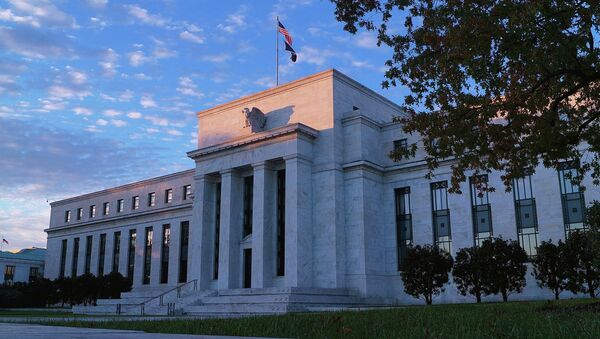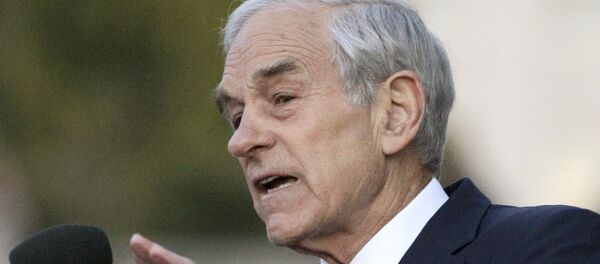Paul’s father, former Rep. Ron Paul of Texas, established legislation during his time in the House and used it as his top issue during his presidential campaigns in 2008 and 2012.
“A complete and thorough audit of the Fed will finally allow the American people to know exactly how their money is being spent by Washington,” Senator Rand Paul. “The Fed’s currently operates under a cloak of secrecy and it has gone on for too long.”
The younger Paul, a potential 2016 republican presidential candidate, is following in his father’s footsteps with 30 co-sponsors including one Democratic senator, Mazie Hirono of Hawaii, on his side.
“That said, we’re now far enough away from the financial crisis for a full and transparent review of the actions taken on behalf of American taxpayers,” Hirono said. “Greater transparency will help us prevent another Great Recession, and I believe will increase the American public’s confidence in the Fed rather than diminishing it.”
— Senator Rand Paul (@SenRandPaul) January 28, 2015
The bill comes amid increased efforts by Republicans and some Democrats to limit the U.S. central bank’s authority that was implemented after the 2007-2009 financial crisis.
Several bills have been introduced to the House within the past two years but were blocked in the Senate by then Majority Leader Harry Reid (D-Nevada).
The current Majority Senate Leader Mitch McConnell (R-Kentucky), along with Republican Sen. Marco Rubio of Florida and Sen. Ted Cruz of Texas, have all co-sponsored the audit bill.
“The Fed has expanded its balance sheet fivefold, yet economic growth is still tepid, businesses are sitting on cash, and median income and household wealth are depressed,” Cruz said in a statement.

The Federal Reserve was subject to various audits, including reviews by the Government Accountability Office (GAO). However, congress had passed legislation in 1978 that exempt it from GAO audits.
Federal Reserve Chairwoman Janet Yellen has urged Congress not to approve an audit, vowing to argue against any monetary policy bill, saying it could intrude on the board’s independence.
Fed officials are concerned that revealing too many details would hurt their credibility and stoke financial market volatility.
Since Republicans are in control of the House and Senate, Fed bills have a better chance of getting approved and sent to President Obama. However, it is unlikely that he will support any changes in the central bank, including an audit.



